The ‘party capital of India’, Goa is all set to become the first state of India which will go cashless from 31st December. People are now going to buy perishable food items like vegetables, meat, fish, and other things just by pressing a button on their cell phones. You will not be required to carry a purse or money in your pockets to buy anything. Pickpocketers are going to run out of business as all purchases will be done through cell phones. R K Srivastava, chief secretary, “The money on purchases will be debited to the person’s bank account.”
The best part is that your cellphone doesn’t necessarily have to be a smartphone. Dial *99# from your cellphone and just follow the instructions for completing the transactions. The main aim of launching this system is to make money transfer an easy process so that small vendors who do not have swipe machines can get money easily. The use of credit cards and ATM cards at shops etc. will continue as before.
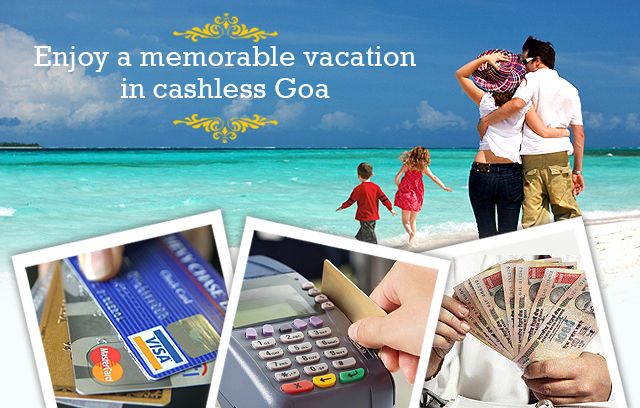
To make the small shop owners, the public, and vendors aware of how to operate the cashless transaction, a drive was organized in Panaji and Mapusa. Laxmikant Parsekar, the Chief Minister of Goa informed us that any such transaction from your mobile is going to be free from any fees. Another benefit would be that there is going to be no minimum limit on this cashless transfer of money. With no complete ban on cash transactions, this action is just being taken to promote a cashless society.
Last Saturday, a meeting was organized by Manohar Parrikar, the Defence Minister, along with government officials, and all the leading nationalized and private banks. The modalities for implementation of making Goa cashless states were discussed by Parrikar. The minister added that in Vijay Sankalp Rally at Sankhali, Prime Minister Narendra Modi had talked about a cashless society. There was a thought about making Goa, the first cashless state of India.
Parrikar further informed us that our cell phone can become our bank. People can do anything after he or she registers their mobile number with any bank, under the central government unified payment interference (UPI). “One thing we decided is that whenever India becomes a cashless society, Goa will become the first. We have to support the prime minister’s dream,” said he.
The chief minister of Goa talked about the state’s bonus point on becoming the first cashless state that it is a small state with around 15 lakh population and 17 lakh mobile connections. He informed, “We have 22 lakh bank accounts, which means that one person has more than one account.” Presently also most of Goa uses credit and debit cards for buying things and thus, going cashless won’t be a big problem. Moreover, electronic transfers were already being made by the state’s government for the distribution of payments under the Dayanand Social Security Scheme.
Once the plan was finalized on Sunday, people were going to be educated about cashless transactions. Srivastava informed me about the working of the cashless scheme. He informed me that vendors who would register themselves with the banks, they will be given an MMID code.
After buying anything such as vegetables, fish, etc., the person has to dial the designated number and then punch in the details of his account, the amount that he needs to transfer to the vendor, and finally the vendor’s MI code for transferring the money. The money will be transferred to the account of the vendor from the account of the customer in just no time. Srivastava added, “Everybody should have an account, card and the account should have money.”
The success of this move depends on how far the state government is able to reach out to the traders, vendors, and liquor shop owners in Goa. The government will be paying special attention to 26000 registered traders and 10,000 registered liquor vendors, who depend on cash transactions.

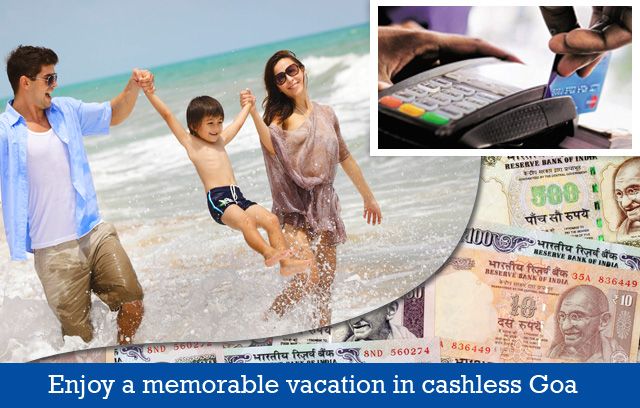
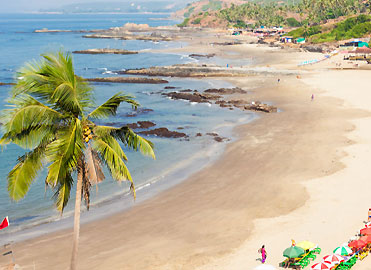
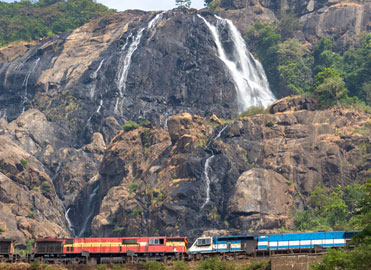
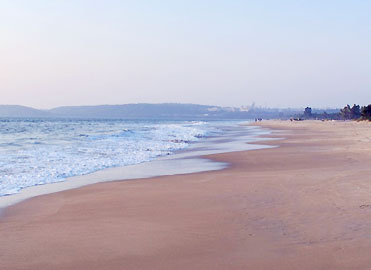




Leave a Comment